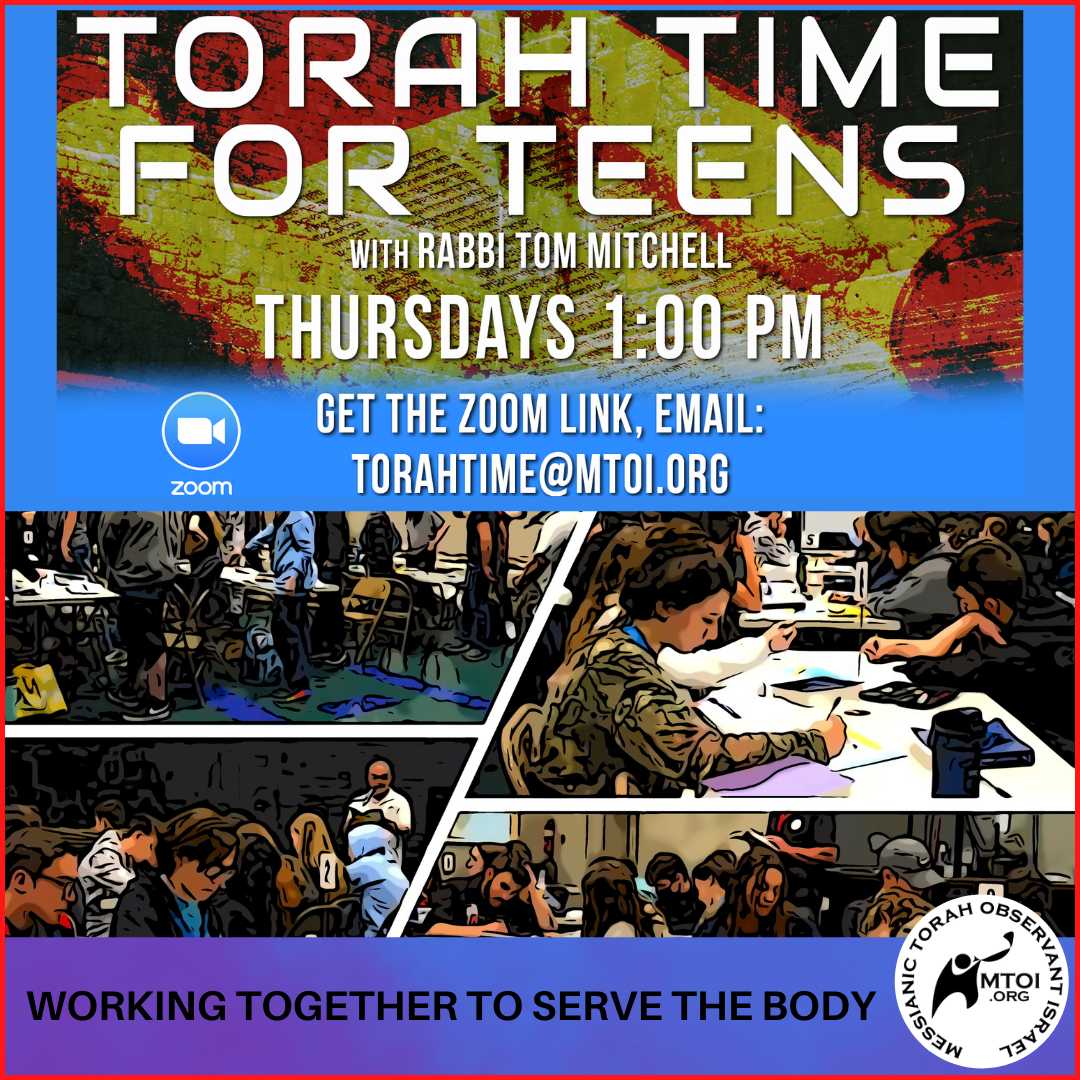Watch
Events
Articles
Market
More
For your Maker is your husband, YHWH of hosts is his name; and the Holy One of Israel is your Redeemer, the God of the whole earth he is called.
Isaiah 54:5
"Husband" in this verse is Hebrew ba'al. This verse proves that titles used by false gods are not necessarily rendered pagan or idolatrous by such misuse. Ba'al might have been used as the proper name of a pagan deity, but it is also a perfectly acceptable title to use for YHVH. Just don't confuse the beings behind the labels.
https://soilfromstone.blogspot.....com/2016/11/words-a



So, I know that there is no 'J' in the Hebrew language (hence 'Jesus' being a transliteration) but, I saw something recently which mentioned that there is also no 'V' (which would call into question the YHWH/YHVH confusion I sometimes see in comments) and wondered if anyone more knowledgeable could shed some light on this. I do not recall where I saw the claim but, believe it was a post on TTN.



*Reminder*
Calling all teenagers!! Every Thursday its Torah Time with Rabbi Tom!! Rabbi Tom is currently discussing the book of Acts!!
If you want to interact with like minded brothers and sisters your age and learn more about the Torah, Yahweh and Yeshua, then send an email to torahtime@mtoi.org to get the Zoom link!!
The class starts at 1pm EST and is open to all teenagers!!
Ps. Come prepared by knowing what day of the week, month and year it is on the Hebrew calendar!!
.
.
.
#ThursdayThoughts #teens #teenagers #youngadults #torahtime #torahstudy #Torah #Yahweh #Yeshua #Elohim #Messiah #messianic #torahobservant #mtoiworldwide #clevelandtn




This week has been my first week of really focusing in on the Torah Portion. I've tried to keep up with it before but, our overall life wasn't consistent and we were struggling with having too much on our plates. This season, I am committing to more open time- less on the schedule, more time without a to-do list and more time for our kids to move about freely. Because of this, I was able to take time to check out The Rooted Kafe and find their Torah Portion audio recording. I share this because I turned it on over my bluetooth speaker, while we were cleaning up the house yesterday and, as it concluded, my 6 year old son said, "I really like that." and it made my heart happy. This afternoon, my 14 year old son reluctantly began the Teen Torah Time on Zoom and it only took about 20 minutes (and him telling me he had no idea what they were talking about before I reminded him that he needed to open his own Bible) to actually get into the flow of it.
Torah isn't hard. It isn't inconvenient. It isn't even 'too mature' for kids. You just need to normalize it for the WHOLE FAMILY and watch everyone learn and grow in His word! <3



And all Israel, sojourner as well as native born, with their elders and officers and their judges, stood on opposite sides of the ark before the Levitical priests who carried the ark of the covenant of YHWH, half of them in front of Mount Gerizim and half of them in front of Mount Ebal, just as Moses the servant of YHWH had commanded at the first, to bless the people of Israel.
Joshua 8:33
All of God's people--men, women, and children--are accountable for their obedience to his law and will participate in the curses and blessings that accompany national disobedience and obedience. In the final judgment, however, fathers won't pay for the sins of their children and vice versa. Each person builds his own house out of stubble or gold as he chooses.


